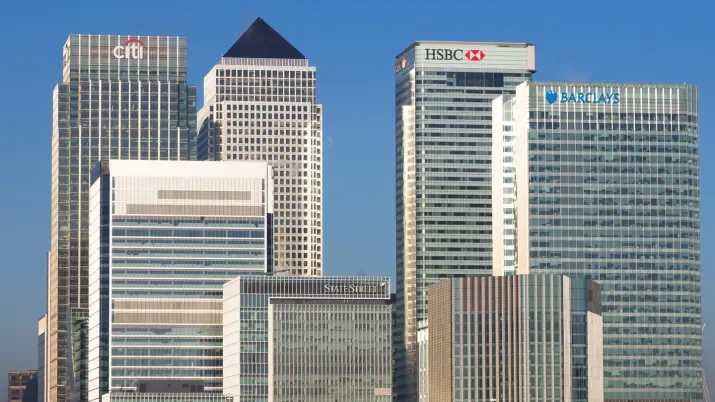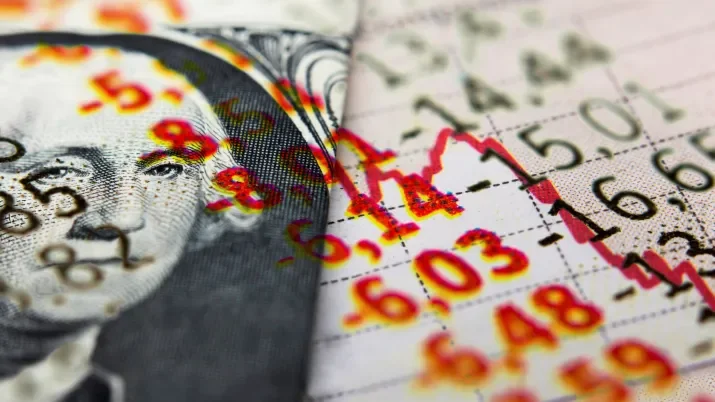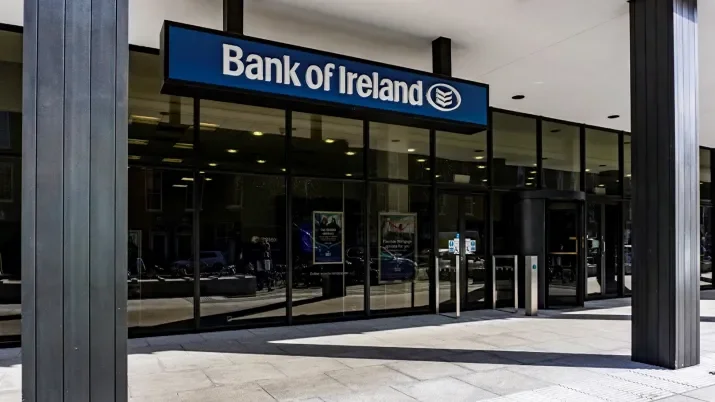TwentyFour

UK Credit Can Benefit From ‘Japanification’
As more government bond curves around the world join the select group trading at negative yields, we are seeing a spike in ‘Japanification’ headlines in the press.
TwentyFour

Diverging Defaults and Cyclical Selections
Earlier this week, Moody’s published its default study for June, which showed that as expected, default rates globally have started to pick up as a result of COVID-19. The trailing 12-month global high yield default rate reached 5.4% at the end of June, up from 4.8% in May, as the gap to the long term average of 4.1% continues to grow.
TwentyFour

Q2 Earnings Could Boost Outlook for Credit
As we enter Q2 earnings season, we will be most interested to learn how Corporate America has fared over the past three months.
TwentyFour

Companies Unlikely to Underperform in Q2 Earnings
Ultimately, while Q2 will be a bad quarter for many companies even if they outperform expectations, in our view it is not the real driver of spreads at this stage.
TwentyFour

Green AT1 Raises More Questions Than Answers
Today BBVA announced it would be issuing the first ever green Additional Tier 1 (AT1) bond, a perpetual non-call 5.5-year with initial price thoughts at 6.5%, and immediately sparked a spirited debate among the TwentyFour team over how green bank capital can be.
TwentyFour

Anticipation Building for Q2 Reporting Season
Like many market participants we are looking ahead to a much anticipated Q2 reporting season, which is even more pertinent this year given the unprecedented environment we have all found ourselves in. We are particularly interested in reviewing the major banks given they are at the centre of the transmission mechanism and hence a barometer for the wider economy.
TwentyFour

It’s Still Harvest Season For The Brexit Premium
One topic that is beginning to gather headlines again is the terms of any bilateral agreement between the UK and European Union once Brexit is finally completed at the end of this year, with the latest round of negotiations breaking up a day early this week as both sides said they were still far apart on a number of issues.
TwentyFour

Huge Crash, Huge Rally. Now What?
After the most incredible first quarter of 2020, we have seen an almost equally incredible second quarter. It is clear to us that the market overreacted in March, but it has also overreacted in its interpretation of the recovery.
TwentyFour

RMBS Data Shed Light on UK Mortgage Holidays
The dust is beginning to settle in the UK economy, and we have been busy using granular RMBS data to assess the impact of mortgage payment relief (payment “holidays”), which the Financial Conduct Authority guided lenders to offer borrowers affected by COVID-19.
TwentyFour

Central Bank Liquidity Will Dampen Default Cycle
The European high yield market has shown remarkable resilience in the face of what will likely go down as one of the sharpest and most severe recessions in history. The benchmark iTraxx Xover index (a widely used proxy for Euro HY credit risk) has tightened from an intraday high of 730bp in March to 342bp earlier this week, a retracement of almost 75% from the January lows of approximately 200bp.
TwentyFour

AIB Steps Forward With Quirky AT1 Tender
On what was a very busy morning for new issues, AIB probably came with one of the most interesting, announcing a €500m Additional Tier 1 (AT1) deal with a 5.5-year maturity with initial price thoughts of 7%, though we expect this will be tightened as the order book builds.
TwentyFour

FOMC: Two Policies To Expect From The Fed
Today’s Federal Open Market Committee (FOMC) meeting in some way represents a big step towards normality for investors, as they await what the Fed will do next having returned to its scheduled programme of meetings. So what can we expect from the Fed today?
TwentyFour

Credit Markets Have More Room to Rally
Given the steep, uninterrupted rally we have witnessed since the end of March, we think it is a good time to reassess how much value is left in fixed income markets, if any.
TwentyFour

Virus Widens Gap Between European and US CLOs
In the past few weeks CLOs have become the focus of much attention, both from market participants and the media, especially following the negative rating actions that agencies have taken on the underlying loans as well as CLO tranches.
TwentyFour

How ESG Will Change the Face of Asset Management
As regular readers of this blog will know, TwentyFour has adopted ESG integration throughout its investment process for all strategies, and launched its first sustainable fund offering in January 2020. In doing so, we have engaged in some fascinating debates with clients and peers about the growing impact of ESG objectives on the fund management industry, and on fixed income markets in particular. Here are a few of our predictions for the years ahead.
TwentyFour

Is Bank Loss Provisioning Behind Us Already?
A few weeks ago Bank of America Merrill Lynch’s CEO, Brian Moynihan, said that loan losses were not coming through as thick or as fast as he would normally expect for a recession, in particular a recession of this magnitude.
TwentyFour

Yield Curve Boosts Case for Longer Dated Credit
There have been two topics concerning the yield curve in the press over the last few days, which we think merit closer attention. As regular readers will know, the US yield curve in particular is closely followed by market participants and can dictate a lot of what happens in fixed income markets globally.
TwentyFour

EU Aid Too Little, Too Late
Markets opened today to the news that German Chancellor, Angela Merkel, and French President, Emmanuel Macron, had reached an agreement to support the launch of a €500bn support package to aid the European Union’s recovery from the coronavirus outbreak, which has devastated large parts of the continent.
TwentyFour

Major Step Toward Normality in European ABS
European ABS primary markets re-opened late last week with the pricing of the first publicly syndicated deal since recent events took hold of global financial markets. Long-standing issuer BMW priced a 1.6-year AAA German Auto ABS deal at three-month Euribor +40bp, having increased the size of the deal to €700m and finishing around 1.7x oversubscribed.
TwentyFour

Two Key Questions as AT1 Reopens
Thursday saw the reopening of the bond market for bank Additional Tier 1 (AT1) debt, more colloquially known as ‘Coco’ bonds.
Why The Credit Rally is Justified
A lot has been made of the recent recovery in equity markets, especially in the US, given the obvious underlying weaknesses in the economy. It is quite clear to us the economic fundamentals do not justify such high valuations in risk assets, but despite being a serious consideration in our assessment, there is often much more to valuations than just fundamentals.
TwentyFour

PRA Offers More Help to Banks With Subtle Switch
One of the big support mechanisms for the UK economy during this pandemic has been the availability of grants and corporate loans via the banking system, aided by unlimited liquidity from the central bank.
TwentyFour

CLOs Adapt to New COVID-19 Reality
After six weeks of no supply, the market somewhat surprisingly reopened with three new issue CLOs being priced last week and a new one already on the way. We are aware of many loan warehouses that need to be cleared, and bankers (or rather their risk managers) are no doubt keen for CLO managers to refinance leveraged loans into a CLO.
TwentyFour

The Beginning of The End For Government Bonds
The list of policy actions from the major central banks keeps getting longer, and today the Bank of Japan has added the purchase of “as many Japanese government bonds (JGBs) as necessary” so as to keep the 10-year rate at around zero percent.
